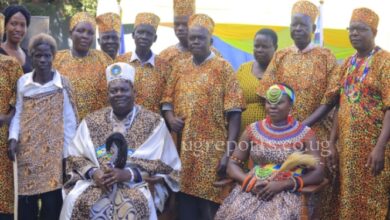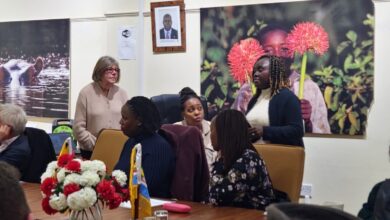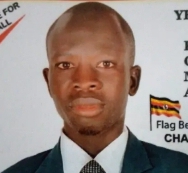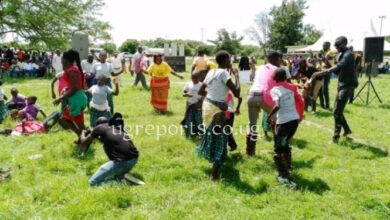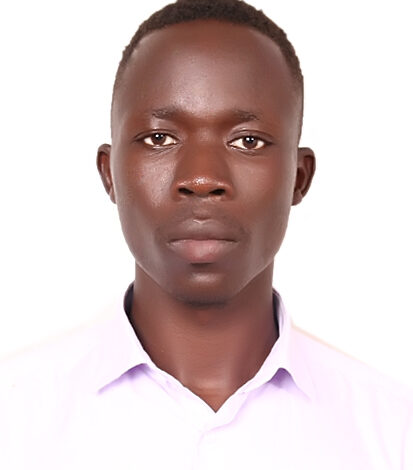
By Guest Writer
Opinion: Late last year, the UN Women announced 16 days of activism that ran from November 25th to December 10th to end violence against women and girls. Many good messages were delivered, and these included global actions for all under the theme UNiTE! invest to prevent violence against women and girls with a slogan, no excuse.
I live and work in a rural community where the education of a girl child in most families is still seen as a waste of time, resources, and energy. As early as 8, a girl child is meant to cook food for a big family of about 10 people, yet their counterparts, the boys, are pushed to go to school. This favoritism for boys to access education alone is a form of gender-based violence.
In addition, some of our young sisters are forced to stop schooling, and they think of starting small businesses like selling pancakes, trading in small fish (mukene), and crop products like cassava, cassava flour, mangoes, maize, and sweet potatoes, among others, depending on the seasons with the neighboring people of Lake Albert communities.
As these young girls look for ways to make their ends meet, they face a lot more problems. Some have no capital to start their small businesses, which forces them to go for casual jobs like digging people’s gardens and bar attending not willingly; hence, they hardly perform well at their work places; they suffer from depression; and they live a stressful life. This exposes them to a number of risks, such as early pregnancies, marriages, and other associated problems of child parenting at an early age.
The suffering of our young girls in the grass-root communities in the Albertine region is highly influenced by the lack of attention given to the rights of girls by their parents.
All children have the right to access quality education, but amidst the different reforms in the education system of Uganda by our government through the ministry of education and sports, like the introduction of Universal Primary Education, which aims to provide access to free primary education to every child, there are parents who fail to send their daughters to school because they are rigid to their cultural beliefs and norms, thinking that girls are not wise in class and that they are sources of income once they marry, among others.
These people have a lot of reasons why they give less attention to girls who are attached to cultural beliefs and norms. I don’t regret being part of this community; they have been teaching me since my early ages, and now I believe they need to be taught too.
I am glad that I grew up in this kind of society. I have realized that sharing these injustices against girls in the Albertine region with other people from other societies can be of great importance. Girls have equal rights and capabilities just like boys. Let us stand up to defend their rights. The community members with rigid minds or biases towards girls need mindset change talks and experience sharing, among others.
I must thank the United Nations (UN) for their continued support and for making the observance of the just concluded 16 days of activism campaign in order to create more awareness about ending violence against women and girls.
I observed that there was increased information sharing on the theme of this campaign against gender-based violence online, but it’s not a surprise that there are many other people without access to this information.
I’m therefore writing to call upon all the human rights defenders, either individuals or organizations, having had these days of gathering information, to let us teamwork through partnership and collaboration, among others, to make this information reach the most marginalized groups of people, the disabled and grass-roots women and girls.
As per the slogan, No excuse. Let the government, non-governmental organizations, and other stakeholders invest in ending the violence against women and girls by increasing public awareness and creating initiatives to empower more women and girls in sectors still dominated by men, like factories and construction industries, among others.
The author is Ongyeer Emmanuel, program coordinator at Nature Talk Africa. He is an environmental and human rights defender, a climate activist, and a green leader.
Disclaimer: As UG Reports Media LTD, we welcome any opinion from anyone if it’s constructive for the development of Uganda. All the expressions and opinions in this write-up are not those of UG Reports Media Ltd. but of the author of the article.
Would you like to share your opinion with us? Please send it to this email: theugreports@gmail.com.


